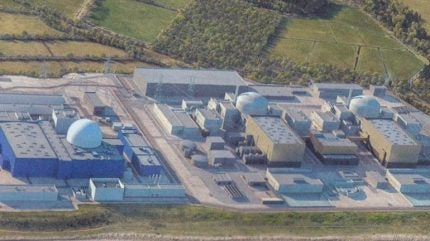
The UK’s Clean Power 2030 Action Plan sets out key measures that will be put in place to achieve clean sources produce at least as much power as Great Britain consumes in total over the whole year, and at least 95% of Great Britain’s total generation. The goal is to reduce the carbon intensity of power generation from 171gCO2e/kWh in 2023 to well below 50gCO2e/kWh in 2030
Among a series of measures is a renewed commitment to nuclear generation with the document stating: “Electricity generated by renewables and nuclear power will be the backbone of a clean electricity system by 2030”.
Acknowledging that there are hurdles facing the nuclear fleet with a large proportion of existing capacity set to reach the end of its operating life by 2030, the action plan says that government will work with EDF to support the delivery of Hinkley Point C, with Unit 1 scheduled for completion between 2029 and 2031. However the report notes there are uncertainties associated with having HPC online by the end of the decade, given delays in the past few years.
In addition, the government is also progressing interventions in the post-2030 generation sector, with final decisions on Sizewell C and the Great British Nuclear-led Small Modular Reactor programme to be taken at the forthcoming Spending Review. The government says it will also continue to seek to streamline regulatory processes, and foster innovation in nuclear technology, “to ensure that new nuclear continues to play an important role in the net zero transition after 2030”.
Welcoming the action plan Tom Greatrex, Chief Executive of the Nuclear Industry Association said: “What’s important now is that we ensure there are firm plans in place for new nuclear projects beyond Sizewell C and a fleet of Small Modular Reactors, including an urgent plan for Wylfa, so that we don’t end up having to rely on expensive, dirty gas to keep the lights on.”






